In an exclusive interview with Mehr News, Seyyed Hossein Nasr described west as an empty drum with a loud and shrill sound which is crumbling inside. He hailed spread of Islam in west despite media propaganda against it.
“Religious enlightenment seeks to find solutions to today’s world problems in an attempt to meet man’s current and immediate needs,” holds professor Nasr, strongly criticizing the project as highly unsuccessful. “First, I should say that I have serious critiques of the so-called religious enlightenment; enlightenment is traced back to 18th century, where the advocates of enlightenment believed in and actually fostered in the dominance of pure reason over religion and mysticism; hence, I believe that religious enlightenment did nothing to save Christianity in the west,” Nasr said.
“The failure is all too clear when we glance back to the past two centuries; it failed because it gave itself into the antithesis of religious truth first; and second, it attempted (in vain) to reconcile the religious truths with antithetical theories, which in fact was impossible, since they are irreconcilable,” he asserted, and that “to which we, the traditionalists completely opposed.”
Nasr quoted St. Anselm, the father of scholastic philosophy, who famously said “I should believe so that I understand,” but asserted that “in Islam this is not the case, and reason and belief are two companies; the Holy Quran says that those who do not believe would not understand.”
“The divide between the reason and faith, which is wider in western philosophy, however, has brought some advantages to Islamic philosophy, ontology and mysticism, and has not been wide in Islamic tradition; thus, Anselm’s famous quote has never been realized so in the Islamic tradition; it has been the subject of much debate, but has found no acceptance,” he emphasized.
“This is true that the Egyptian tradition, which had been the religious base of ancient Egypt, no longer exists; however, we, the traditionalists, believe that God would save and perpetuate great religions to the end of history, to the apocalypse,” Professor Nasr said.
“We do not believe that religious enlightenment did anything practical ever to save traditions; but note that it is quite extended; for example, in Indonesia, a great religious, intellectual and philosophic movement still exists under the name of ‘religious enlightenment,’ which draws much upon my own works; however, it is a local example; I seriously criticize the use of enlightenment in Iran, since the advocates seek to reform God’s religion with their own mortal and transient thoughts,” he said.
“Since the beginning of my career, I have believed in this and worked to revive the rational, philosophic and intellectual aspects of Islamic civilization, and have worked so in the past 50 or 60 years; I have not lost my hope, and believe that despite all problems Islam faces with, from the standpoint of spirituality, it is far more robust than a secular and Christian west, and actually see that Islam spreads in the west.”
“As an Iranian who has been an expatriate in the west for many years, I feel sorrow that after the victory of the Revolution of 1979, which based itself on revival of Islam, impression for the west even had gone further compared to the pre-Revolutionary years; a sort of blind attraction to the west is rampant even in the Faculty of Philosophy, to which I had the honor of being a lecturer for 20 years, and western philosophy has been central and dominant compared to that in the past,” professor lamented.
However, Professor Nasr believed that such ‘blind devotion’ and ‘impression’ had been superficial, since “west is an empty drum with a loud and shrill sound; we clearly see that the west is crumbling inside; the spread of Islam despite media propaganda against it and huge sums of money invested to stop Islam has been unremitting in the west, and despite Shia-Sunni divides, it has found proponents since past half-century.”
Seyyed Hossein Nasr, currently University Professor of Islamic Studies at the George Washington University, Washington D.C. is one of the most important and foremost scholars of Islamic, Religious and Comparative Studies in the world today.
Interview (in Persian) by: Jalal Heirannia
SH/HRGH
MNA
END


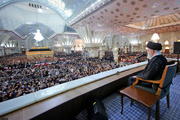
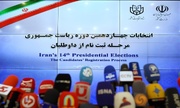
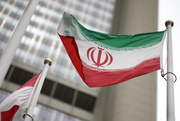
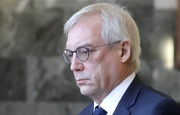
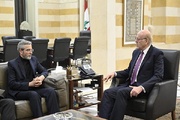
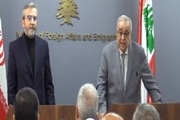
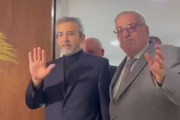
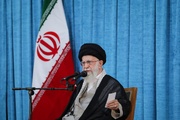
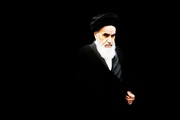


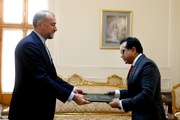

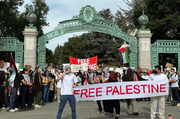

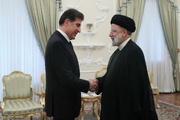
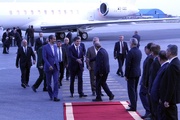
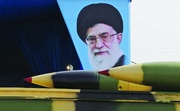


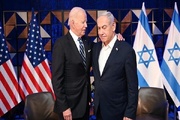
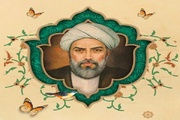
Your Comment